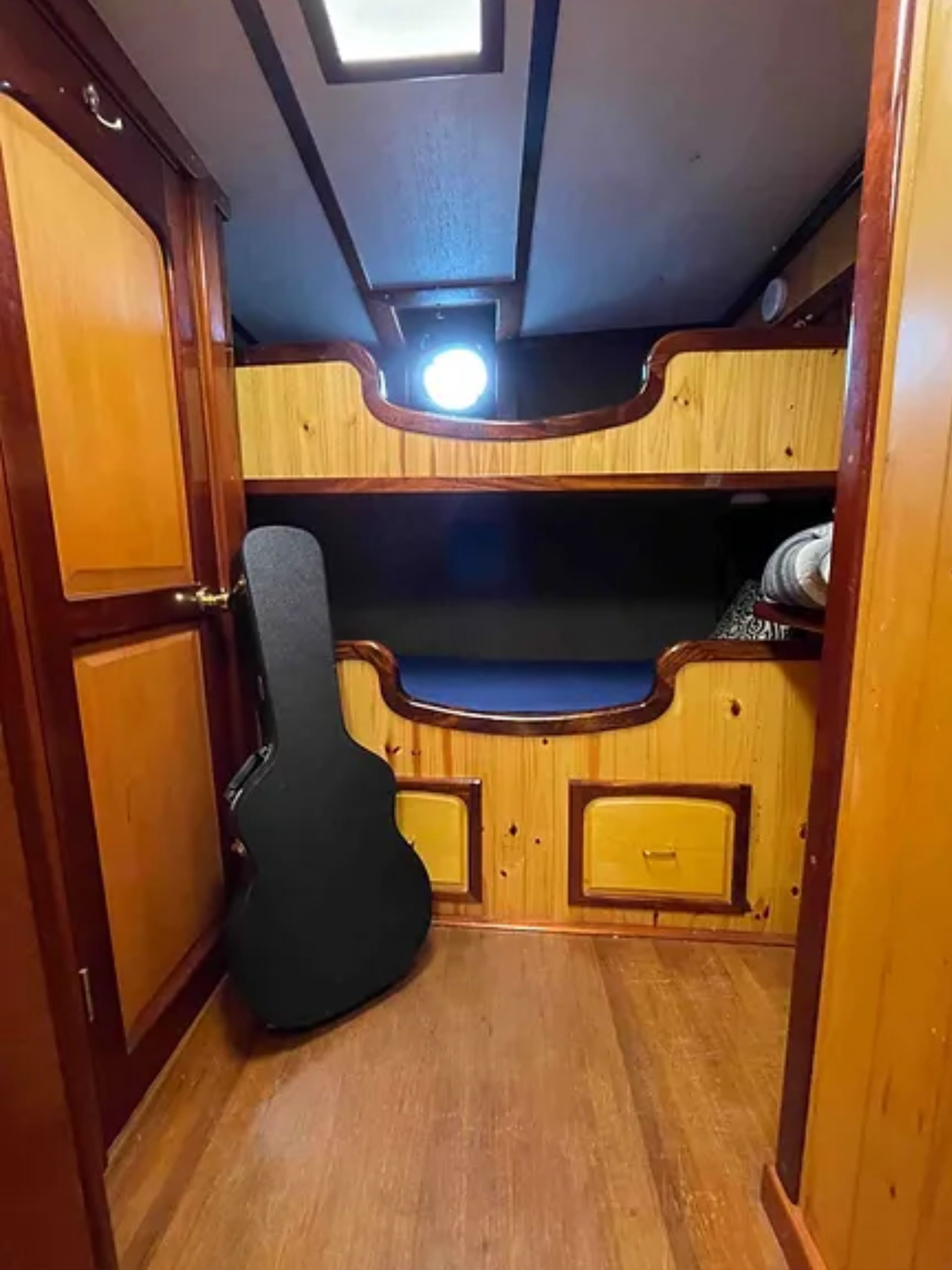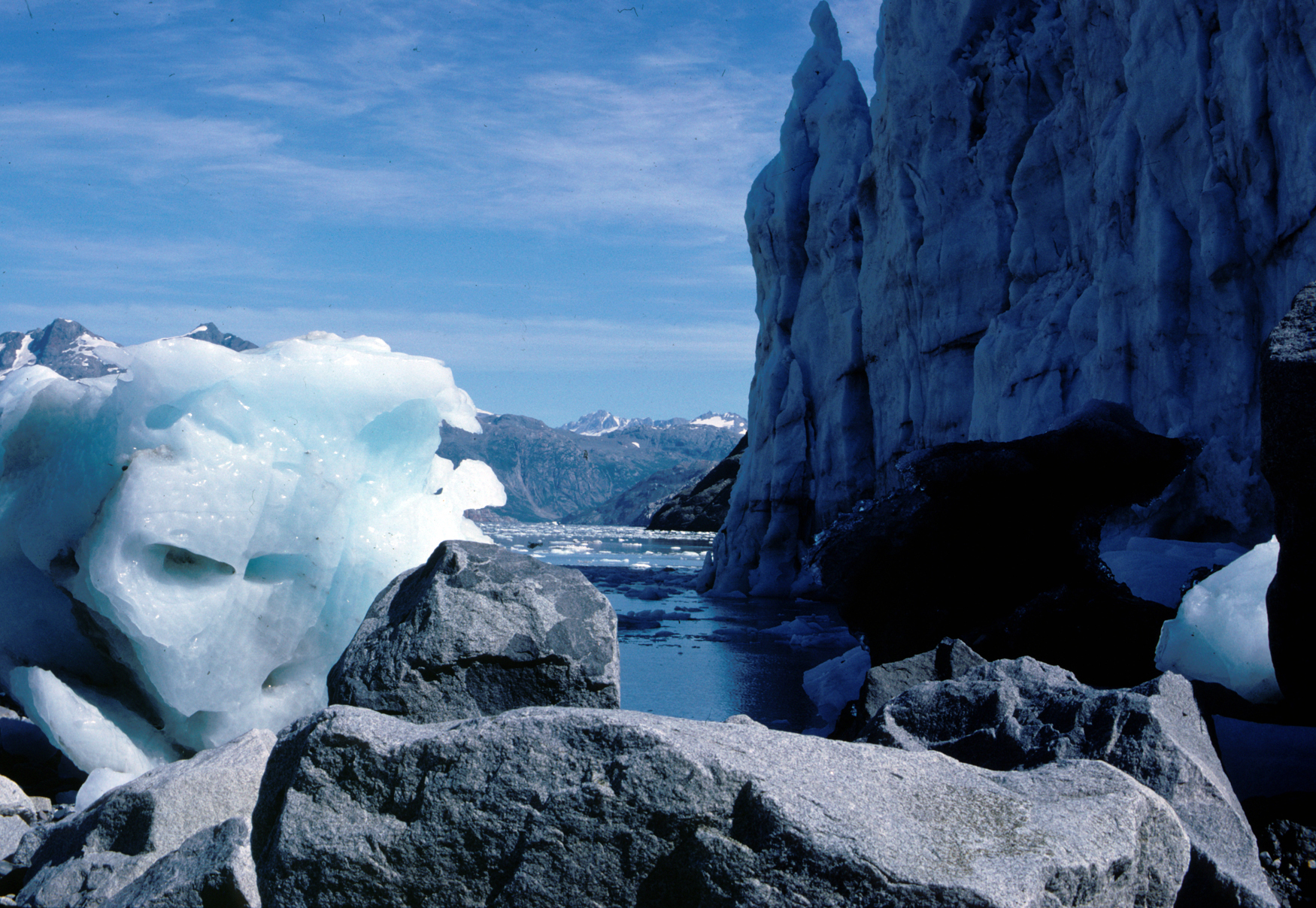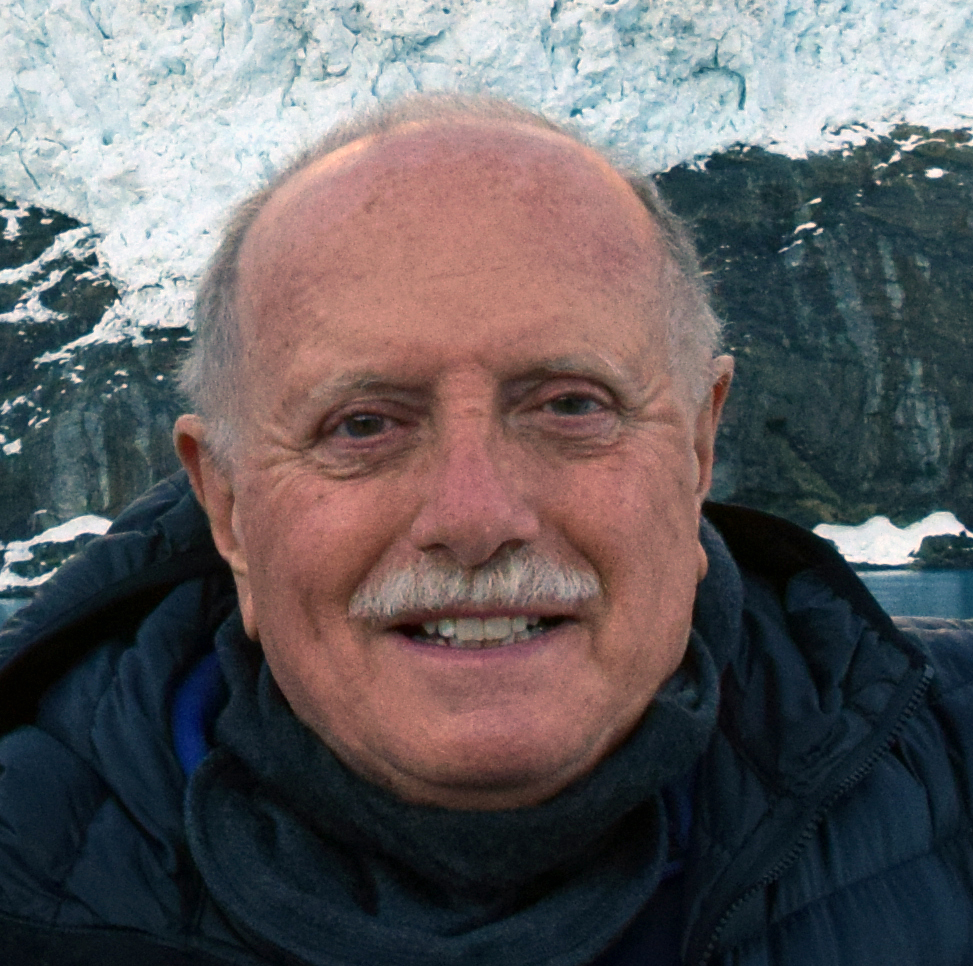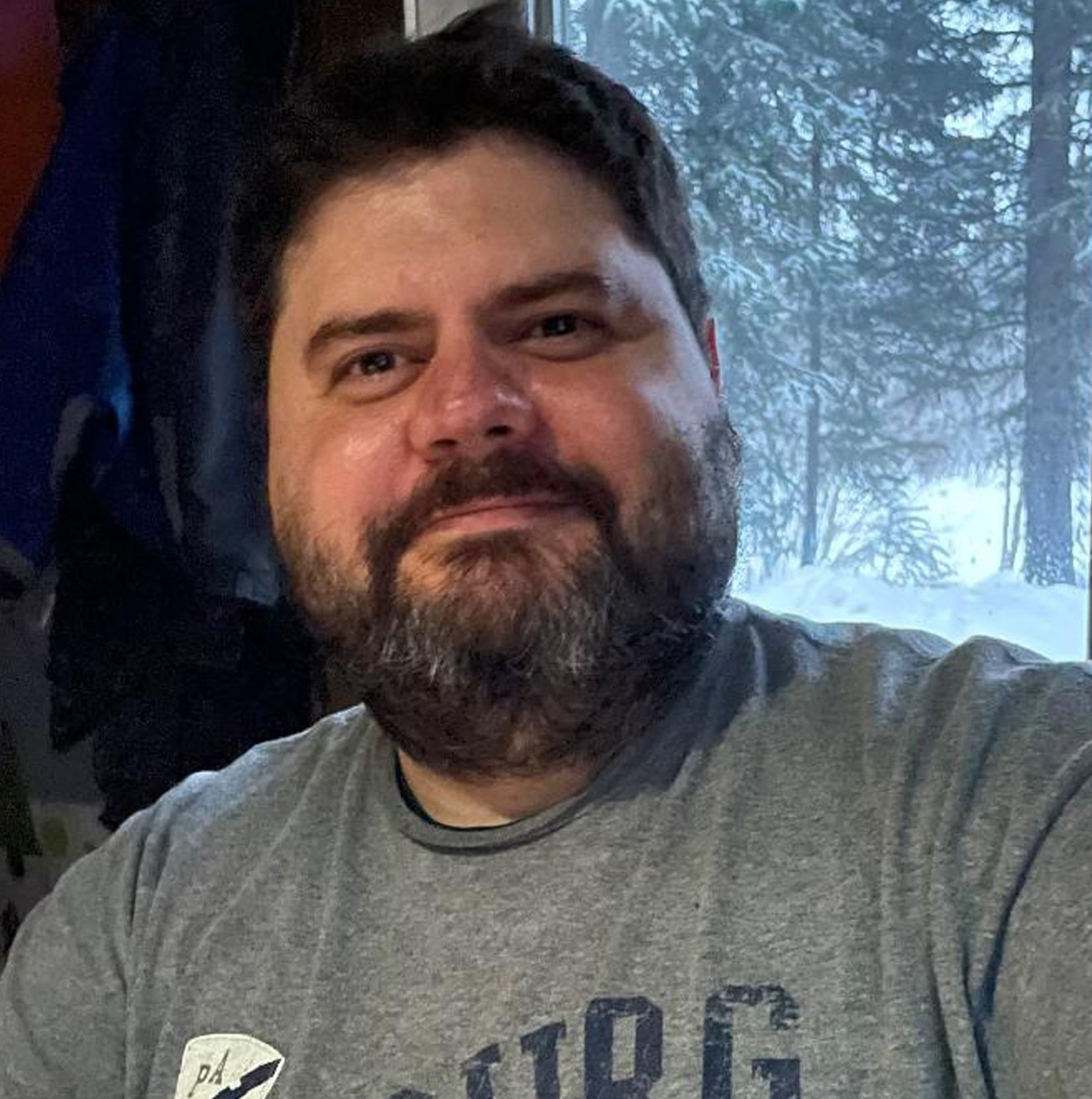Project Description
Overview
This program fosters an understanding of the evolving landscape of Alaska’s Lost Coast and documents glacial retreat through specialized photography. Students will investigate more than 50 glaciers along the Alaskan coastline while onboard the Endeavour, a 72-foot US Coast Guard designated research vessel with a professional captain and crew.
This once in a lifetime expedition includes one week of preparation with Dr. Molnia and two weeks on board the Endeavour. This program will begin with an online course to introduce students to Earth systems and processes with an emphasis on glacier geology and glaciology. Following the online portion, students will board the research vessel Endeavour for the hands-on, up-close look at and analysis of dozens of Alaska’s glaciers, all located in some of the world’s most spectacular mountains and fiords. While collecting important photographic evidence of glacial change, students will experience glaciers first hand and observe their importance to Alaskan environments, including today’s flora and fauna. In the field, students will use historical ground photographs, aerial photographs, satellite images, topographic maps, and the historical literature to ‘read’ landscape features, to identify locations from which photographs have previously been taken, and to identify new locations from which they can document present day glacier change and landscape evolution.
Photographic pairs that students produce will be used in a journal article that they will co-author, and will be shared with the National Snow and Ice Data Center where they will become publicly available documentation of Alaskan glacial change. For examples of this type of photographic evidence of glacier change, see Glacier Bay Glaciers Repeat Photography.
| Course Details | |
|---|---|
| Course Dates | July 7-13 online July 14-27 onsite |
| Course Type | Environmental Studies, Geology |
| Instructors | Dr. Bruce Molnia |
| Credits* | 6 semester (12 quarter) |
| Apply By | Rolling |
| Fees Due By | June 15 |
| Program Fees | |
|---|---|
| Tuition | $4,800 |
| Transcript Fee* | $300 |
| Health & Evacuation Insurance | NA |
| Room & Board | $1,200 |
| TOTAL: | $6,300 |
Applications accepted on a rolling basis until program fills or final deadline above.
Instructors
The directors welcome emails and inquiries about the research elements of this project. More general information (tuition, health insurance, and payment schedule) can be found under the ‘Students’ tab above. Any further questions may be addressed to IFR staff. Additional details about research, course schedule, travel, accommodation, and safety can be found on the syllabus. Contacting the directors or the IFR office is encouraged and appreciated. It may help you determine if this field school is a good fit for you.
Payment & Student Fees
Application Fee: There is a $45 fee to submit an online application.
Deposit Payment: A nonrefundable $500 deposit is due within 3 weeks of program acceptance in order to secure your place. The remainder of your program fees are due by the deadline indicated under “Course Details”.
*Transcript Fee & Academic Credit Opt Out: If you wish to participate in an IFR field school without earning academic credits, you will not be charged a transcript fee.
For more information about payment, fees, and policies, please see details under our Payment & Finances and Withdrawal and Cancellation Policy pages.
Accommodations
Everyone lives aboard the Endeavor during the field research component of the program. The ship is 72 feet long with three bunk rooms and two heads, both with showers. Given the limited water the ship can carry, students will not be able to shower every day and will be able to do one load of laundry during the expedition. Students will all share one bunk room, accommodating 6. Each student will have a drawer and space around their bed for storage, but space is limited on the ship and students are strongly encouraged to pack lightly.
There is a salon and galley for food preparation, and an open-air deck for observing, relaxing and group discussions. There is a small dog who shares the ship with us. You can learn more about the ship at: https://www.alaskaendeavour.org/ship


Travel Info
Natural disasters, political changes, weather conditions and various other factors may force the cancellation or alteration of a field school. IFR recommends students only purchase airline tickets that are fully refundable and consider travel insurance in case a program or travel plans must change for any reason.
General information for this program is below, but keep in mind we will discuss any updated travel information and regulations during the required program orientation, which could affect travel plans.
This program begins in Gustavus, Alaska and ends in Cordova, Alaska. Both of these airports are served by Alaska Airlines, however, flights are limited and may be difficult to book during the busy summer season. We will therefore try to arrange a charter flight from Juneau on July 14. Please wait to buy your airline ticket until this is confirmed. Students will be met at the airport and transfer to the Endeavor.
Students will spend the next two weeks onboard the ship, transferring to shore boats to explore the coast. Students should plan to fly out of Cordova, Alaska, departing no earlier than 11 AM on July 27. Students will be brought to the airport in Cordova if desired.
If you missed your connection or your flight is delayed, please call, text or email the field school director immediately. A local emergency mobile phone number will be provided to all enrolled students.
VISA REQUIREMENTS
Students not from the USA are asked to check the embassy website page at their home country for specific visa requirements
Student Safety
The IFR primary concern is with education. Traveling and conducting field research involve risk. Students interested in participating in IFR programs must weigh whether the potential risk is worth the value of education provided. While risk is inherent in everything we do, we do not take risk lightly. The IFR engages in intensive review of each field school location prior to approval. Once a program is accepted, the IFR reviews each program annually to make sure it complies with all our standards and policies, including student safety.
Students attending IFR international programs are covered by a comprehensive Health Insurance policy that includes physical illness or injury, mental or chronic conditions. No deductible and 100% of costs are covered up to $250,000. In addition, we provide Political and Natural Disaster Evacuation policy, which allow us to remove students from field school location if local conditions change. Our field school directors are scholars that know field school locations and cultures well and are plugged in into local communities and state institution structures.
Students attending IFR domestic programs (within the US) must have their own health insurance and provide proof upon enrollment. IFR field school directors are familiar with local authorities and if in need of evacuation, local emergency services and/or law enforcement will be notified and activated.
The IFR has strong, explicit and robust policy towards discrimination and harassment in the field. If students feel they cannot discuss personal safety issues with field school staff, the IFR operates an emergency hotline where students may contact IFR personnel directly.
Call (877-839-4374) or email (info@ifrglobal.org) if you have questions about the safety of any particular program.













